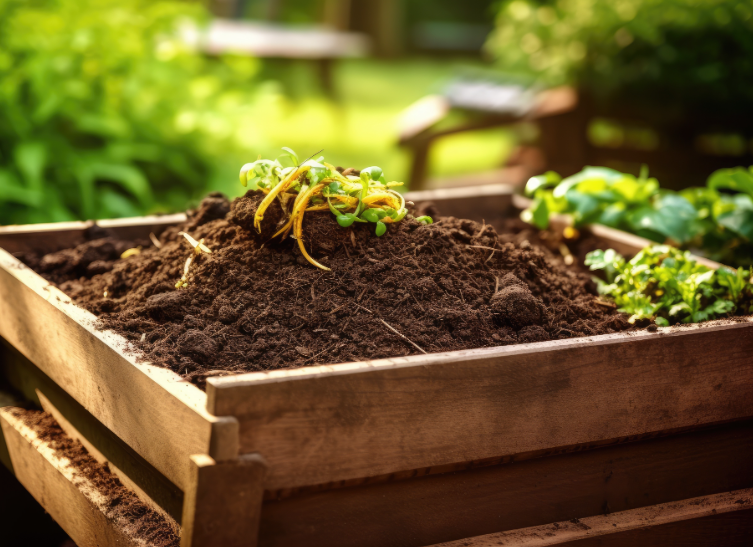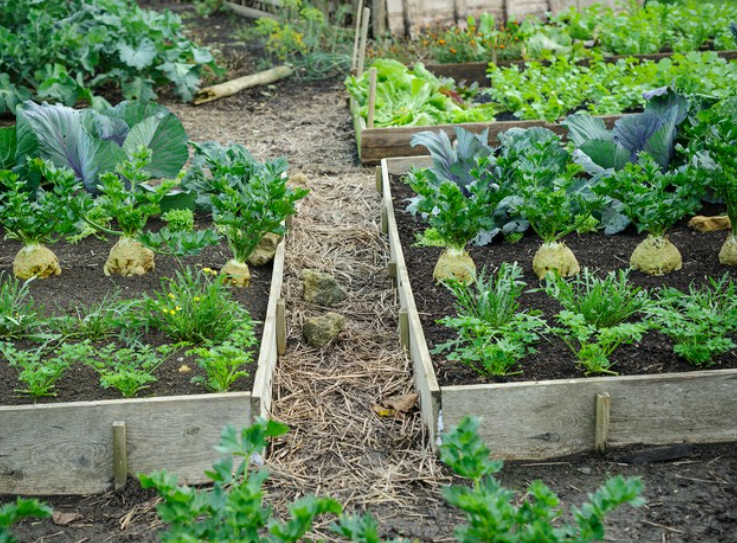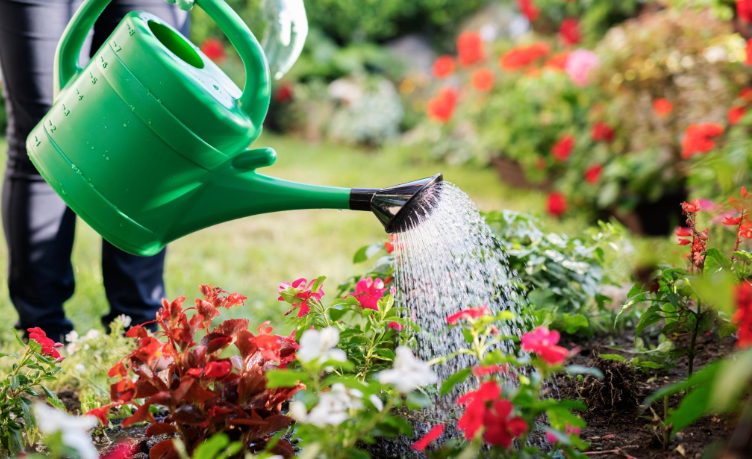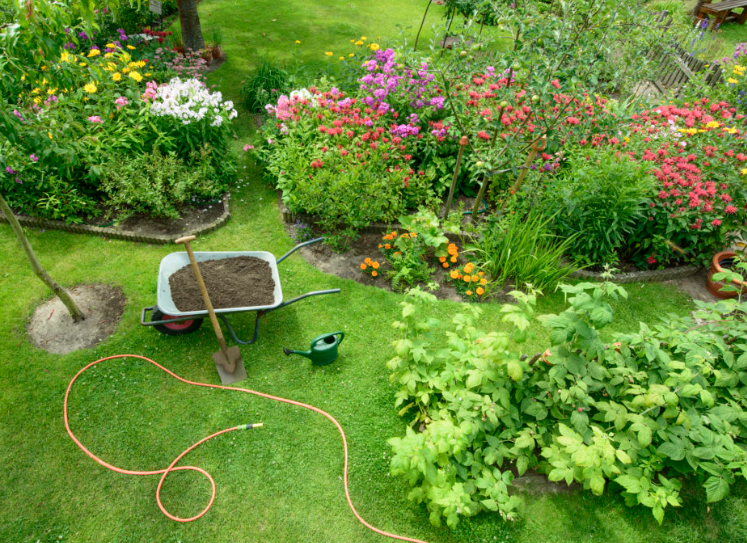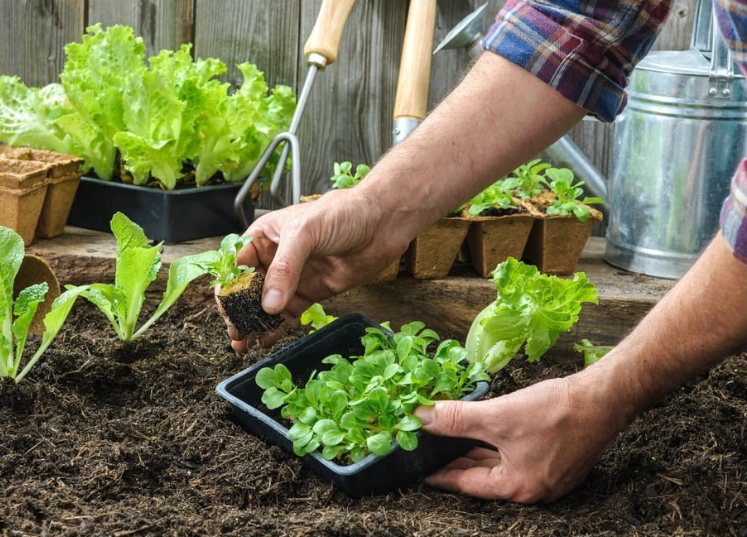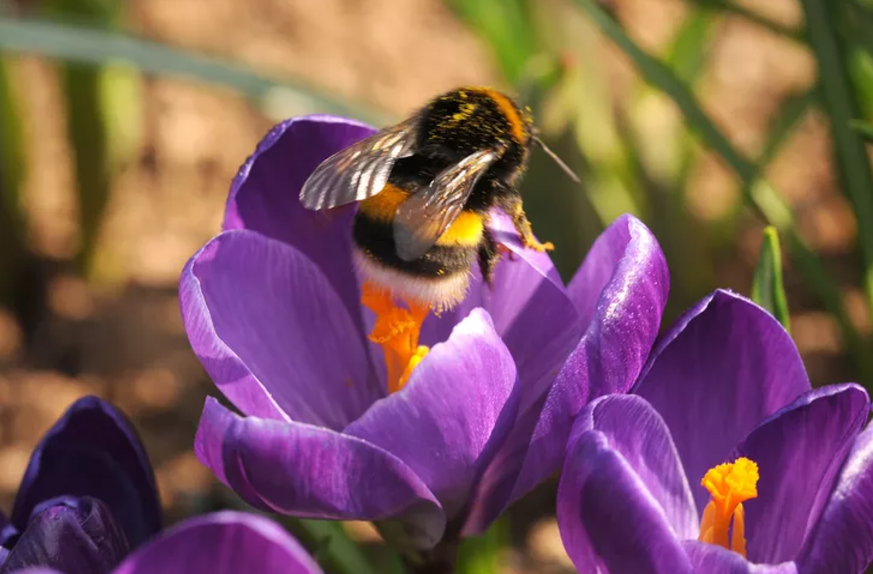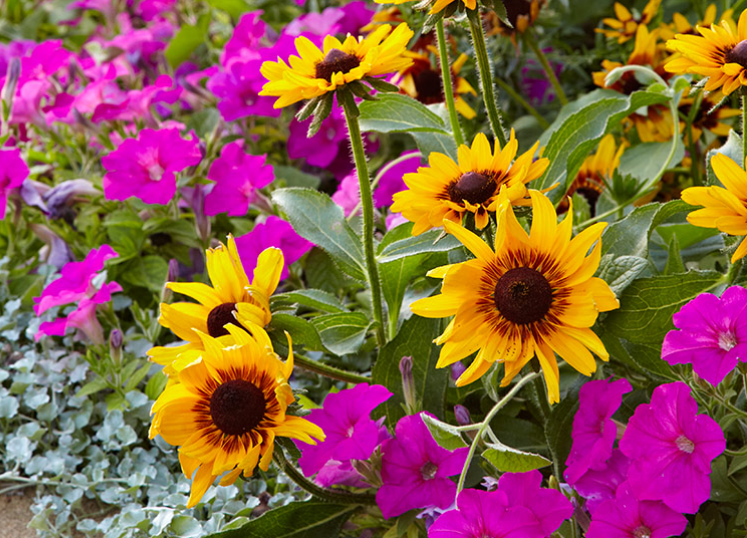Composting is one of the most eco-friendly practices you can incorporate into your garden. It reduces waste, enriches soil, and reduces the need for chemical fertilizers. Composting is the process of breaking down organic matter into nutrient-rich humus that can improve soil quality and help plants grow stronger and healthier.
How to Start Composting
Choose the Right Location: Find a dry, well-drained spot for your compost bin or pile. Ideally, it should be in a shaded area to prevent it from getting too hot, which could slow down decomposition.
What to Compost: Kitchen scraps like fruit and vegetable peels, coffee grounds, and eggshells are great additions to compost. Yard waste, such as grass clippings, leaves, and small branches, also breaks down well. Avoid composting meat, dairy, or diseased plants, as they can attract pests and create odors.
Maintain the Pile: To keep your compost pile healthy, make sure to regularly turn it to introduce oxygen, which speeds up decomposition. A good compost pile should be moist but not too wet, so monitor the moisture levels and add water if it gets too dry.
Benefits of Composting
Improves Soil Health: Compost is packed with organic matter that enriches the soil, improving its texture, drainage, and nutrient content. This helps plants grow stronger, reduces the need for chemical fertilizers, and prevents soil erosion.
Reduces Waste: Composting helps divert organic waste from landfills, reducing the amount of trash you produce and decreasing greenhouse gas emissions from decomposing waste.
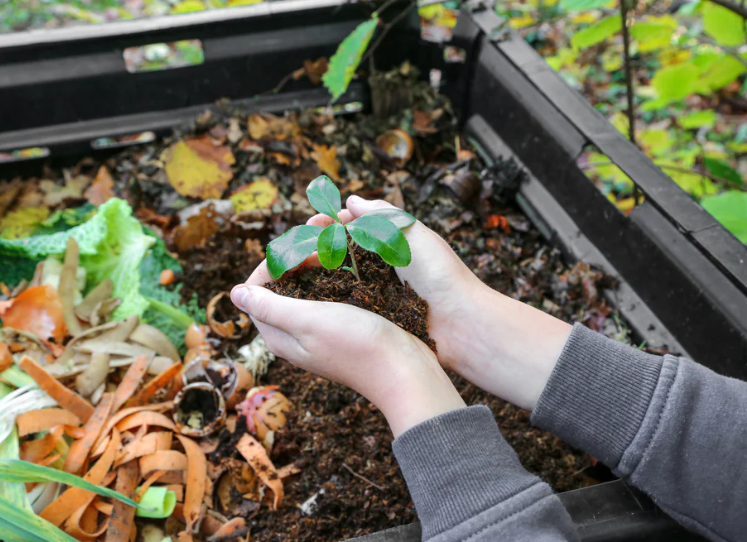
Saves Money: By composting, you reduce the need for store-bought fertilizers and soil amendments, saving money in the long run.
